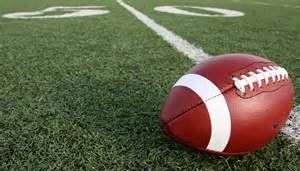
SPORTING ORGANISATIONS COMMIT TO AN INDEX TO TACKLE HOMOPHOBIA
Dawn Hough, Director, Pride in Diversity (ACON)
Pride in Diversity has been commissioned by Australian Human Rights Commission and Australian Sports Commission to develop an index to assess, measure and drive inclusive practice in Australian Sports.\
Pride in Diversity is best known for its internationally recognised Workplace Equality Index (AWEI), an annual benchmarking instrument that determines, assesses, drives and acknowledges best practice in LGBTI (Lesbian, Gay, Bisexual, Transgender, Intersex) workplace inclusion. This index has been instrumental in taking Australian workplace practice from a lag position behind the UK and the US to international good practice whereby Top Employers are now on par with their overseas counterparts and in many instances setting the pace for best practice globally.
On the back of ‘Out on the Fields’ a world first international study just released on Homophobia in Sport ‘,Pride in Diversity have been engaged by the Human Rights Commission, Australian Sports Commission and instigators, the Bingham Cup, to develop a similar index for Australian Sporting Organisations. The ‘Out on the Fields’ study uncovered widespread homophobic behaviour in sport with an alarming numbers of participants not feeling safe, experiencing homophobic violence, bullying, slurs or choosing to stay in the closet for fear of repercussions. Leaderboard stats for Australia were poor, being listed as the second most likely country in which male athletes were likely to stay in the closet faring only marginally better for lesbian athletes.
While Australians may believe that we have come a long way and that there are gay athletes out there who are openly accepted, evidence for the majority paints a very different picture. Personal experiences of violent forms of homophobia, threats, bullying and social exclusion saw Australia rank at the high end of the incidents list with particular concerns for youth teams sports and school physical education classes. Impacts were sufficient enough for people to decide against playing team sports.
After listening to much of the commentary on the study over the weekend, the disconnect between perceived inclusion and actual lived experience of our LGBTI athletes is apparent. Naming a few out athletes who are openly accepted as evidence of sports inclusivity is akin to saying we have a few gay mates who have never been bullied and therefore we don’t have a problem with LGBTI inclusion in Australia. Yet, suicide and depression is still greater for LGBTI people with a significant contributor being social exclusion and lack of acceptance. The argument only highlights the general lack of awareness in terms of what LGBTI athletes actually experience on the fields and within other sporting domains.
We need to be mindful of the lens that we look through. As a heterosexual sportsperson or commentator, we may not necessarily be privy to the lived experience of our LGBTI counterparts. Assuming that what we see is the lived experience of the majority of LGBTI athletes out is akin to sweeoubg the problem under the carpet, when in reality what we need is people to understand what the real experiences are and become part of the solution.
Thankfully, sporting organisations across the country were quick to acknowledge that damaging homophobic behaviour exists and were keen to support the development of the index. This weekend the ARU, AFL, NRL, FFA and CA expressed their support for the benchmarking instrument with many agreeing to participate in an advisory panel led by Pride in Diversity to assist with its development.
The index will determine the current state of play, determine the areas that need addressing and set a national sporting benchmark by which sporting organisations will be able to assess the impact of their work on player experience and perception. The index will be administered annually by Pride in Diversity allowing sports to measure progress as well as benchmark themselves either anonymously or publicly against other sports or clubs. It is also expected that as with the AWEI, the Index will acknowledge top performers with awards and recognition, whether that be in the first year or two is yet to be determined.
Pride in Diversity is a proud to have been commissioned to develop what we believe to be a world-first sporting inclusivity index in conjunction with the Human Rights Commission, Australian Sport Commission and representatives of Australian Sport.
For more information contact Dawn Hough, Director, Pride in Diversity on (02) 9206.2139 or dawn.hough@prideindiversity.com.au
